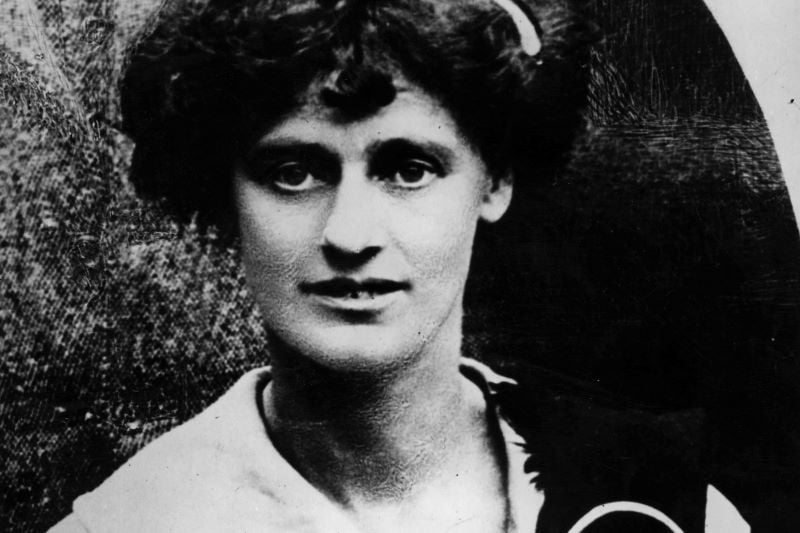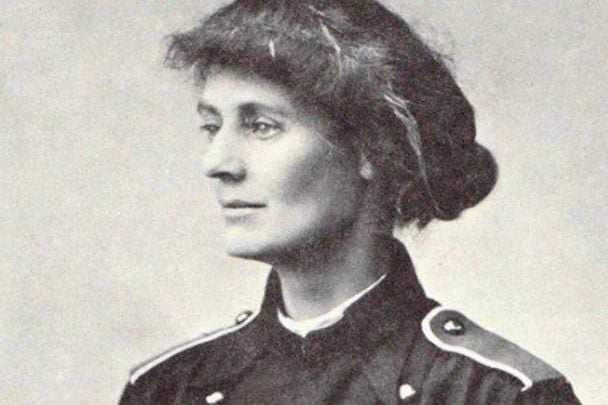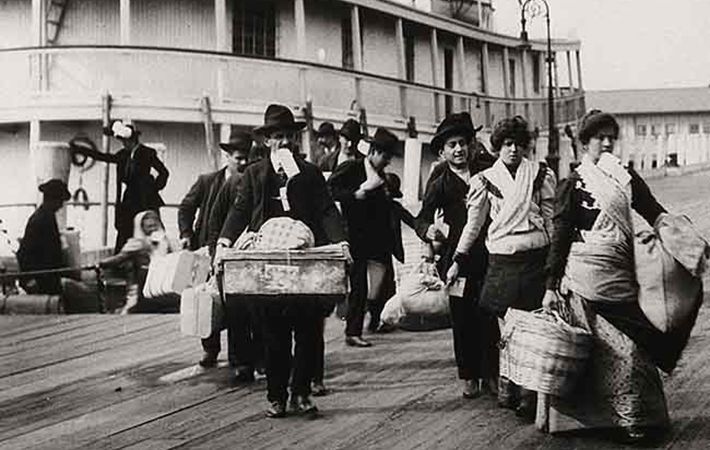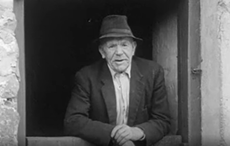On this day in 1927, Countess Constance Markievicz—an iconic figure in Ireland’s struggle for independence—passed away in Dublin. A fighter in the 1916 Easter Rising and the first woman elected to Westminster, she reshaped Irish politics forever.
Countess Markievicz is a renowned Irish revolutionary figure known for her leadership in the Easter Rising and struggles for Irish freedom. Constance Georgine Gore-Booth was born in London, England, on February 4, 1868, and was raised on her family's estate, Lissadell, in Co Sligo.
In 1892, she went to study at the Slade School of Art in London and later moved to Paris, where, at the age of 25, she met her husband, Casimir Dunin-Markievicz. The couple had only one child, Maeve Allys, who was also born in Lissadell in 1901.
Before her revolutionary activities in helping the Irish Citizen Army, Markievicz was an advocate for the poor in Dublin as part of her political career.
In the 1916 Easter Rising, Markievicz became a fully-fledged officer in the Irish Citizen Army and fought in St. Stephen’s Green during the uprising, eventually surrendering and then being sentenced to death.
Because she was a woman, however, Markievicz was spared the death penalty and was given a life sentence. One year later, in 1917, the Countess was given amnesty and released from Ailsbury Gaol in England.
In 1918, Markievicz was elected as a member of Sinn Féin, but due to the abstentionist policy of her party in refusing to swear allegiance to the monarch, she never took her seat in parliament.

Countess Constance Markievicz, pictured here in May 1918 (Getty Images)
She was the first Irish woman to be elected to parliament and one of the first female politicians at the time, serving as the Minister of Labor between 1919 and 1922.
In 1926, she, along with fellow revolutionaries Éamon de Valera, Sean Lemass, Gerry Boland, and Frank Aiken, branched off from Sinn Féin to form another party, Fianna Fáil, after extensive talks.
A year later, in June of 1927, Markievicz became ill with peritonitis and was swiftly brought to St. Patrick Dun’s Hospital for urgent care and eventually surgery.
After a month-long battle with the illness, she passed away in the early hours of the morning of July 15, 1927, leaving behind a legacy that Irish men and women can look back on with pride.
* Originally published in February 2019. Updated in July 2025.




Comments